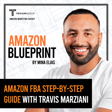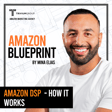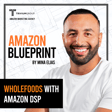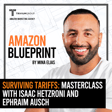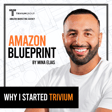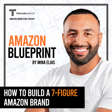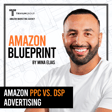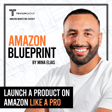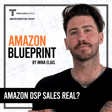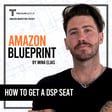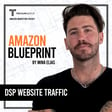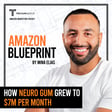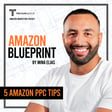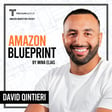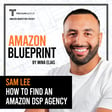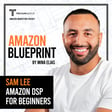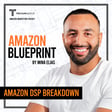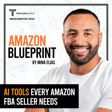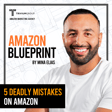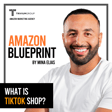
Why Most Amazon Sellers Fail.. Interview with Kevin Pak
Why do 99% of Amazon launches fail? People choose the wrong product, mess up their launch strategy, or do both. With 3,700 new sellers joining every day, getting your launch right is crucial. In this episode, I sit down with Kevin Pak—a former college dropout turned $500K/month Amazon seller and Founder of FBA Boss Academy.
At the end of the video, you’ll know how to:
✅ Identify top-sellers and market gaps to create your perfect product.
✅ Spot trending product opportunities before they reach Amazon.
✅ Use Vine to get reviews and build immediate credibility.
✅ Make your product a clear choice over competitors.
If you’re considering launching a product on Amazon, don’t miss this one..
Do you need help scaling your Amazon brand? Get a FREE account audit by my team to see how we can help: https://hubs.la/Q02PxrkY0
